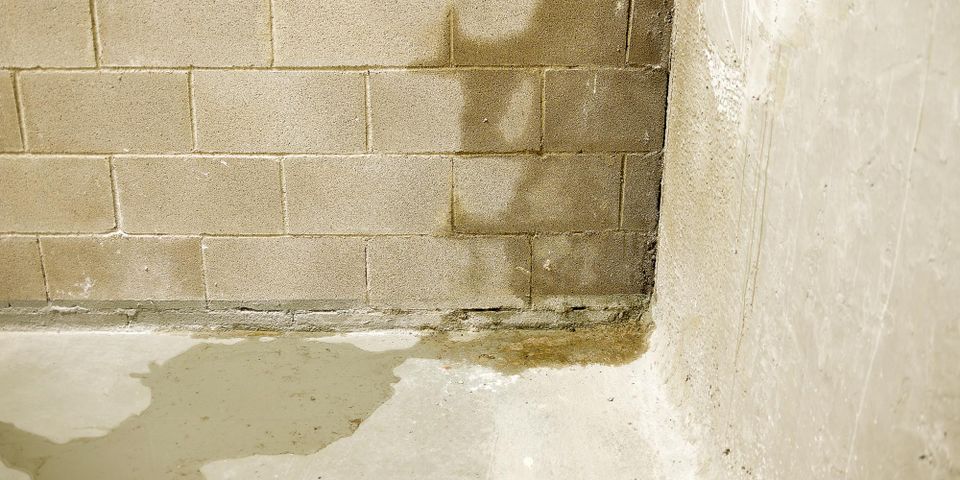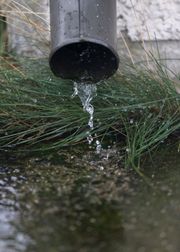
There are plenty of things you expect to find in the typical basement: Spiders, maybe the occasional mouse, the collection of “action figures” your spouse claims are worth money. What you don’t ever want to find in the basement is water and dirt from outside. Water seepage from outside does more than make a mess, though. It can lead to unhealthy mold, structural damage, and other issues if not dealt with quickly. Although basement waterproofing can keep the space dry, it's most effective when you uncover the cause of the seepage and fix that first.
What Is Seepage?
Seepage refers to water that gets into your basement from outside, usually through cracks in the floors or walls, joints where the walls and floor meet, or in the masonry. In some cases, water and sediment under extreme pressure can push through the concrete. The resulting moisture—and in extreme cases, puddles and even mud or sediment—in the space is called seepage.
What Causes Seepage?
Sometimes, water can enter your basement via leaky pipes or a leak in the window well. These issues are usually fairly easy to spot and fix.
 However, if you can’t easily distinguish where the water is coming from, you likely have a seepage issue. Some of the most common causes include:
However, if you can’t easily distinguish where the water is coming from, you likely have a seepage issue. Some of the most common causes include:
- Poor landscaping. If the landscaping around your home isn’t graded properly, or if the gutters and downspouts don’t properly direct water away from the foundation, the result is standing water that will eventually seep into the foundation. This can be fixed with improved landscaping, gutter extensions, or the installation of a French drain.
- Hydrostatic pressure. Saturated soil outside of your home’s foundation, whether due to rain or excess groundwater, can put a great deal of pressure on the concrete foundation. Water can seep through, or the pressure may cause cracks. Having cracks in the concrete filled and an interior drainage system installed to capture the water can help this issue.
- Lateral pressure. The loose soil around your foundation can become saturated during heavy rain and expand to push on the concrete. This causes cracks, which need to be filled to keep the basement dry.
How to Prevent Seepage
Preventing basement seepage begins when building your house by ensuring that the surrounding landscape is properly graded. Talk with the contractor about basement waterproofing and any drainage systems that need to be installed to prevent leaks. Keep an eye on your basement during wet weather, and have any leaks fixed as soon as possible to keep them from getting worse.
If you’re having trouble with water in your basement or want to keep water out of your home, turn to Ackerman Contractors in Columbia, MO. With more than 25 years of experience in concrete and post-frame construction work, these experienced contractors will ensure that your home is dry and secure. Call (573) 999-3210 to arrange a free quote or visit their website to learn more.
About the Business
Have a question? Ask the experts!
Send your question

